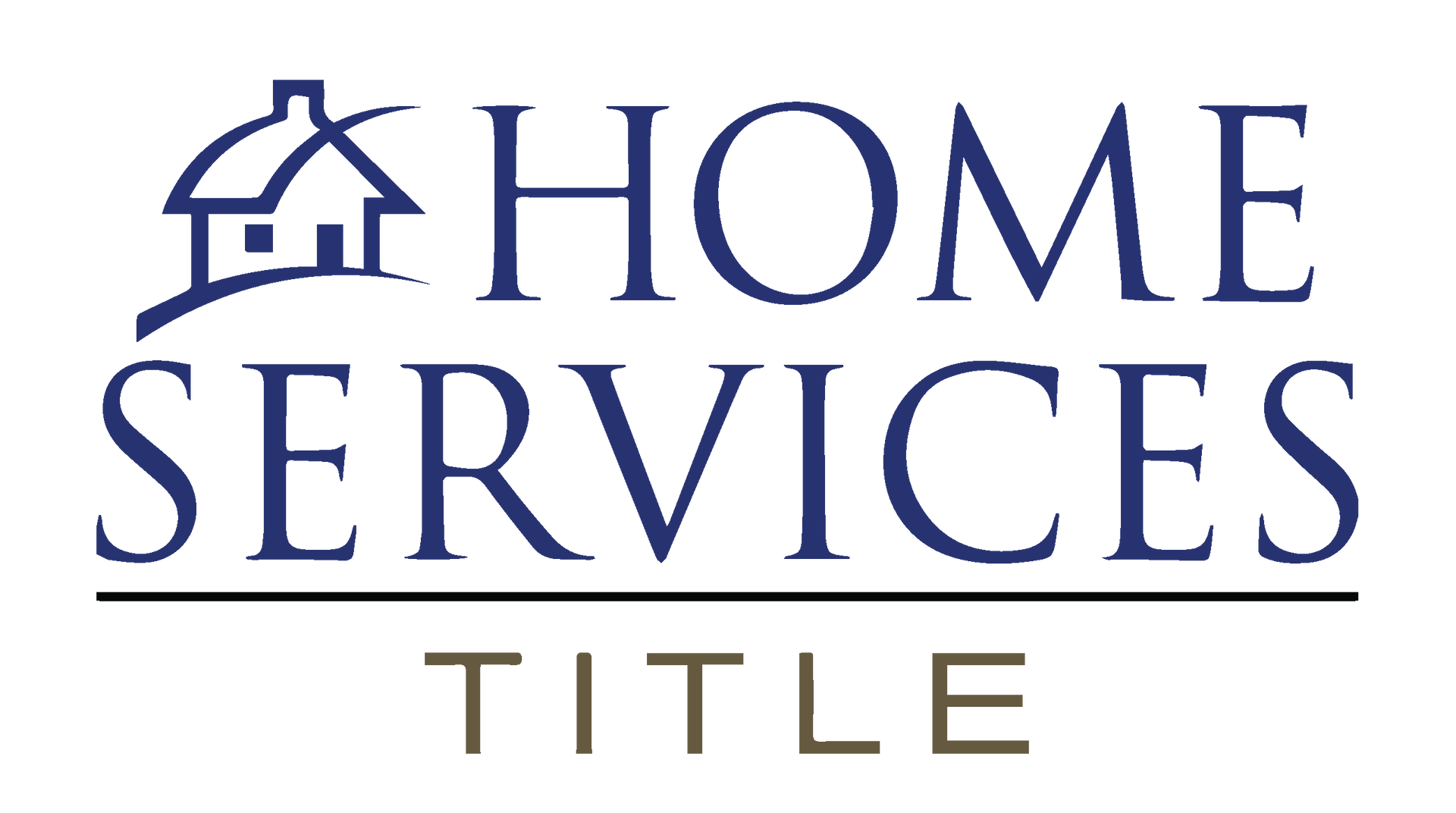7 Common Title Issues and How to Avoid Them
Purchasing a property is a significant financial commitment, representing one of the largest investments many people will make. A crucial part of this process is ensuring the property's title is clear of any defects. A title is the legal right to own a property. However, various issues can arise that cloud the title, potentially jeopardizing your ownership rights. Understanding these potential problems is the first step toward safeguarding your investment.
A thorough title search is conducted to uncover any such issues before the closing of a real estate transaction. This examination reviews public records to verify the seller's right to transfer ownership and to discover any claims, liens, or encumbrances on the property. Despite this detailed process, hidden hazards can still emerge after the purchase is complete. This is where an owner's title insurance becomes essential, offering protection against unforeseen title defects. By being aware of the most frequent complications, you can better appreciate the importance of a clear title and the protections available.
Public Record Errors
Clerical or filing errors in public records can have serious consequences for a property's title. These mistakes, though often unintentional, can affect the deed or survey of your property. For example, a document might be indexed incorrectly at the county recorder's office, making it difficult to find during a title search. A legal description could contain a typographical error, or a past deed might list the wrong name. Such inaccuracies can create confusion regarding ownership and may require legal action to resolve.
Correcting these errors can be a complex and costly process. It often involves filing legal documents to amend the public record, which requires time and legal expertise. To mitigate this risk, a comprehensive title search is performed to identify and address any discrepancies before you take ownership. Furthermore, an owner's title insurance policy provides a critical safeguard, protecting you from financial loss and covering the legal expenses required to defend your title against claims arising from these types of administrative mistakes.
Unknown Liens
A lien is a legal claim against a property for an unpaid debt. While a title search is designed to uncover existing liens, some may go undetected. For instance, a previous owner may have failed to pay a contractor for home improvements, leading the contractor to place a mechanic's lien on the property. Unpaid property taxes, state and federal inheritance taxes, or other outstanding debts can also result in liens being attached to the title.
If an unknown lien surfaces after you have purchased the property, you could be held responsible for the outstanding debt. Creditors can take legal action to force the sale of your home to satisfy the lien. This presents a significant financial risk to the new owner. Securing an owner's title insurance policy is the most effective way to protect yourself from these hidden threats. If a claim arises from a previously unknown lien, the policy will cover the costs of resolving it, thereby protecting your ownership rights and your financial investment.
Illegal Deeds
The chain of title can sometimes be complicated by deeds that were created or transferred illegally. An illegal deed is one that is not legally sound, which can happen for several reasons. For example, a previous sale may have been executed by a minor or a person who was not mentally competent. In other cases, a deed could have been signed by a person with a fabricated power of attorney or someone falsely claiming to be the sole heir of a deceased owner.
These situations can render the transfer of ownership invalid, creating a serious defect in your title. If a past deed is proven to be illegal, it could mean that you do not have a legal right to the property, even if you were unaware of the issue when you purchased it. A detailed title examination helps to verify the legitimacy of past transactions. However, for complete protection against such forgeries or fraudulent transfers, an owner's title insurance policy is indispensable, as it defends your title against claims stemming from these invalid documents.
Missing Heirs
When a property owner dies without a will, the state's laws of succession determine who inherits the property. However, it is possible for rightful heirs to be overlooked or unknown at the time of the owner's death. Years after you purchase the home, a previously missing heir could appear and assert a legal claim to your property. This can lead to complicated legal battles that challenge your ownership.
Similarly, a deceased owner's will may be discovered at a later date, revealing beneficiaries who were not accounted for during the sale of the property. These individuals may have a valid claim to a share of the property, creating a significant title defect. An owner's title insurance policy is designed to protect you in these scenarios. It will cover the legal fees associated with defending your title and compensate you for any financial loss if an unknown heir successfully establishes a claim against your property.
Forgeries and Impersonation
Documents affecting property ownership, such as deeds and mortgage releases, can be forged. Criminals may forge a previous owner's signature on a deed to fraudulently transfer the property to themselves before selling it to an unsuspecting buyer. Similarly, someone might impersonate a property owner to obtain a mortgage and then disappear with the funds, leaving a fraudulent lien on the property.
These fraudulent acts can be difficult to detect during a standard title search because the forged documents may appear legitimate in the public records. If you purchase a property with a title tainted by forgery, your ownership could be challenged by the true owner. Protecting your investment from such sophisticated fraud requires a strong defense. Owner's title insurance offers this protection, covering the costs of legal defense and financial losses that arise from claims related to forged documents or impersonation.
Undiscovered Encumbrances
An encumbrance is a claim or right held by someone other than the property owner that affects the title. This can include undisclosed easements, where a third party has the right to use a portion of your property for a specific purpose, such as a utility company needing access to power lines. There could also be restrictive covenants that limit how you can use your land, such as rules prohibiting certain types of construction or business activities.
While a title search aims to uncover all encumbrances, some may not be properly recorded and can surface unexpectedly. For example, a previous owner may have informally granted a neighbor the right to cross a part of the property, creating a prescriptive easement. If these issues arise after you have closed on the property, they can limit your use and enjoyment of your home. Owner's title insurance protects against financial loss from undiscovered encumbrances and other common title issues that were not identified in the public records.
Boundary and Survey Disputes
Disputes can arise when a property's boundaries are not clearly defined or are inaccurately recorded. A survey conducted for a previous sale might contain errors, leading to confusion about the exact location of property lines. Your neighbor's fence or shed might encroach on your land, or a portion of your driveway could be on their property. These disputes can lead to legal conflicts with adjacent property owners.
An inaccurate survey can also fail to identify easements or other restrictions that affect your property. Resolving boundary disputes often requires a new survey and potentially legal action to establish the correct property lines. An owner's title insurance policy can offer protection in these situations. Certain policies provide survey coverage that protects you against losses resulting from boundary line conflicts, encroachments, and other issues that would have been disclosed by an accurate and recent survey.
Protecting Your Investment
Ensuring a clear title is fundamental to a secure real estate investment. The potential for hidden defects, from public record errors to undiscovered heirs, highlights the importance of proactive protection. An owner's title insurance policy provides a vital defense against these unforeseen risks, offering peace of mind by safeguarding your ownership rights. This one-time purchase protects your investment for as long as you or your heirs own the property.
Frequently Asked Questions About Title Issues
What is the difference between a title search and title insurance?
A title search is an investigation into a property's public records to identify any potential issues with the title, such as liens, ownership disputes, or encumbrances, before a real estate transaction closes. Title insurance is a policy that protects the property owner (owner's policy) or lender (lender's policy) from financial loss due to title defects that were not discovered during the title search. While the search is a preventative measure, insurance provides financial protection against unforeseen problems that may arise after the purchase.
Is an owner's title insurance required when I buy a home?
While a lender will almost always require you to purchase a lender's title insurance policy to protect their financial interest in the property, an owner's title insurance policy is typically optional. However, it is highly recommended. Without an owner's policy, you would be personally responsible for all legal costs and financial losses resulting from any title defects that emerge after you take ownership. An owner's policy is a one-time fee paid at closing that protects your investment for as long as you own the property.
At Home Services Title, we are dedicated to providing clear and reliable title and settlement services for real estate professionals, lenders, and homebuyers. Our experienced team ensures a smooth and secure closing process from start to finish. To learn more about how we can protect your property investment, please
contact us today.










